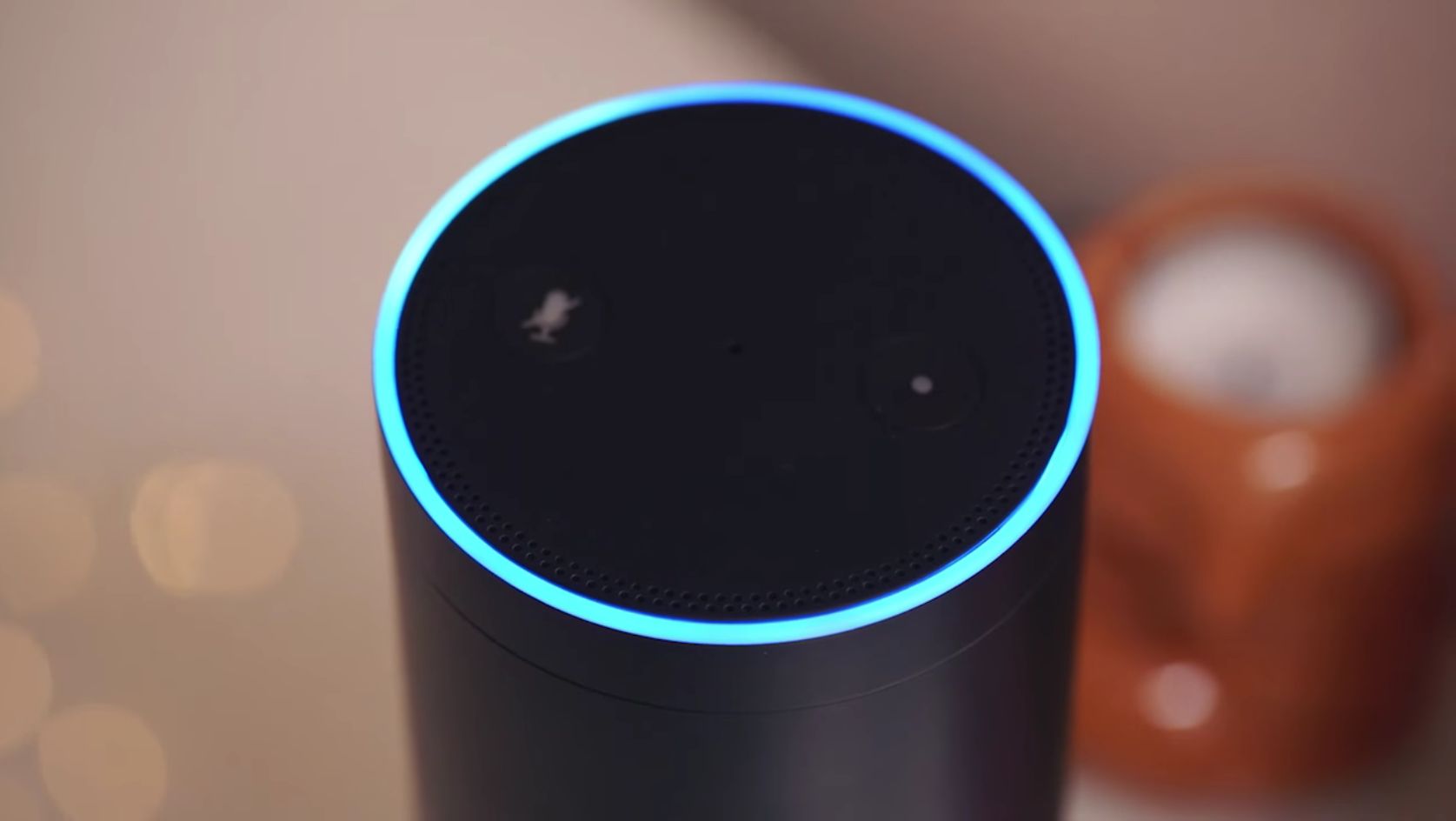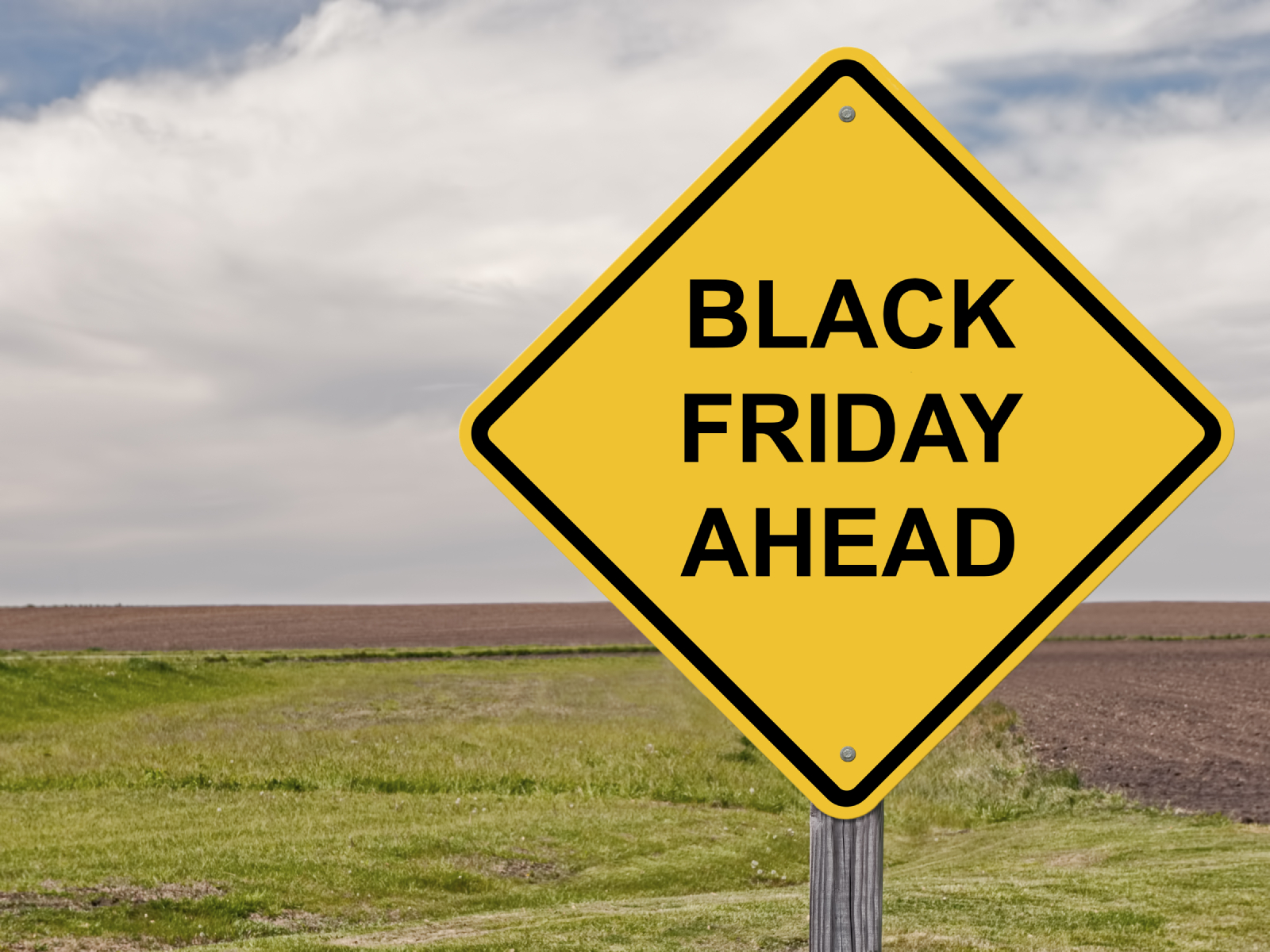What Happened
Oreo is dipping its toe into ecommerce as the popular cookie brand opens its first branded ecommerce site (gifts.oreo.com) to sell holiday-themed Oreo cookies directly to the gift shoppers. Unlike other ecommerce site, however, this Oreo Gifts site offers an interesting feature where the gift buyer can simply put in the email address or mobile number of the recipient without filling out the address. The recipient will receive a notification via text or email with instruction on how to claim their gifts.
Why Brands Should Care
Oreo is not the only popular snack brand to venture into ecommerce in time for the holiday season. Earlier this month, Cheetos launched an online shop that sells branded holiday gifts ranging from clothing to perfume. Oreo’s parent company Mondelez International says the site is part of a global e-commerce strategy, which it is expecting to grow by at least $1 billion in revenue by 2020. As more and more consumers opting for the convenience of online shopping, traditional CPG brands should take a cue from Mondelez and start exploring ecommerce opportunities to reclaim some of the diminishing distribution channels and build a lasting customer relationship.
Source: PR Newswire
Lead image courtesy of Oreo Gifts




